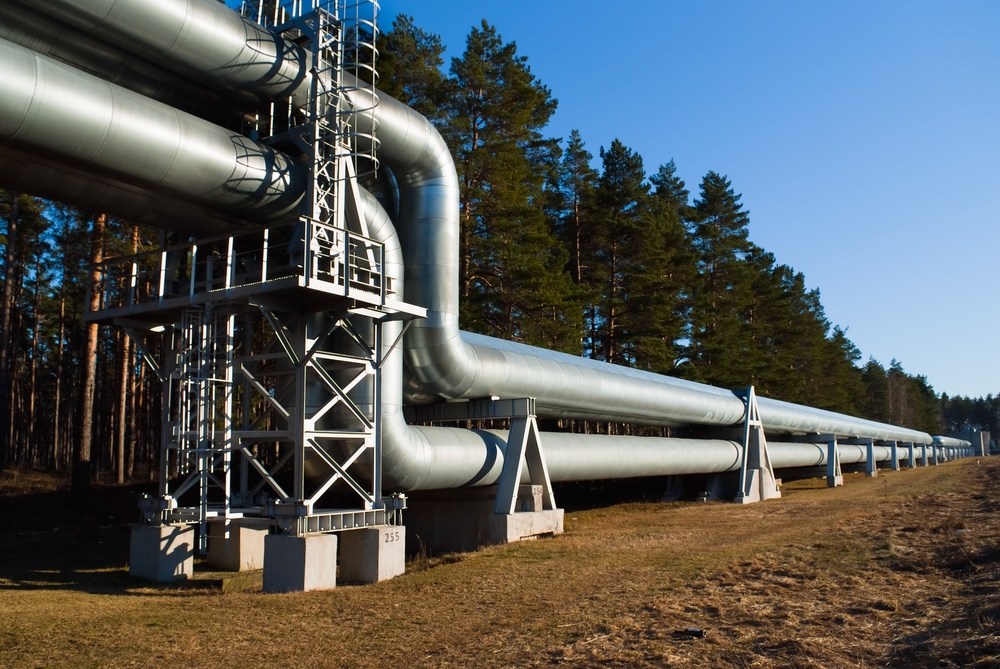Hungary is facing a potential oil shortage due to Ukraine’s recent suspension of Russian oil transit through its territory.
Others are reading now
Hungary is facing a potential oil shortage due to Ukraine’s recent suspension of Russian oil transit through its territory, according to Gergely Gulyás, Chief of Staff for Hungarian Prime Minister Viktor Orbán.
Situation Remains Precarious
During a press conference, Gulyás accused Ukraine of using the oil transit as leverage against Hungary and Slovakia, which support peace and a ceasefire in the ongoing conflict. He emphasized that a resolution must be reached by September to prevent an oil deficit in Hungary.
Currently, there is no immediate threat of oil shortages, but the situation remains precarious.
The suspension of oil transit began on July 17, when Ukraine blacklisted the Russian oil company Lukoil, halting its shipments to Hungary and Slovakia. These shipments travel through the Druzhba pipeline, which runs through Ukraine.
Also read
Hungary and Slovakia had previously secured a special exemption from the European Commission, allowing them to continue receiving Russian oil via pipeline until the end of 2025, despite the EU-wide ban on maritime Russian oil imports.
Possible Violation of World Trade Organization
Gulyás indicated that Hungary is exploring possible violations of World Trade Organization (WTO) rules by Ukraine and is urging the European Commission to mediate urgently to resolve the dispute.
The European Commission has yet to take concrete action and is still gathering information. A representative from the Commission warned Hungary and Slovakia against unilateral measures, such as cutting electricity supplies to Kyiv, emphasizing that only the European Commission has the authority to handle external trade disputes.
Hungary and Slovakia are pressing for immediate consultations with Ukraine, facilitated by the European Commission, to prevent any disruption in their energy supplies. Under EU regulations, each member state must maintain hydrocarbon reserves sufficient for 90 days of autonomous operation.


